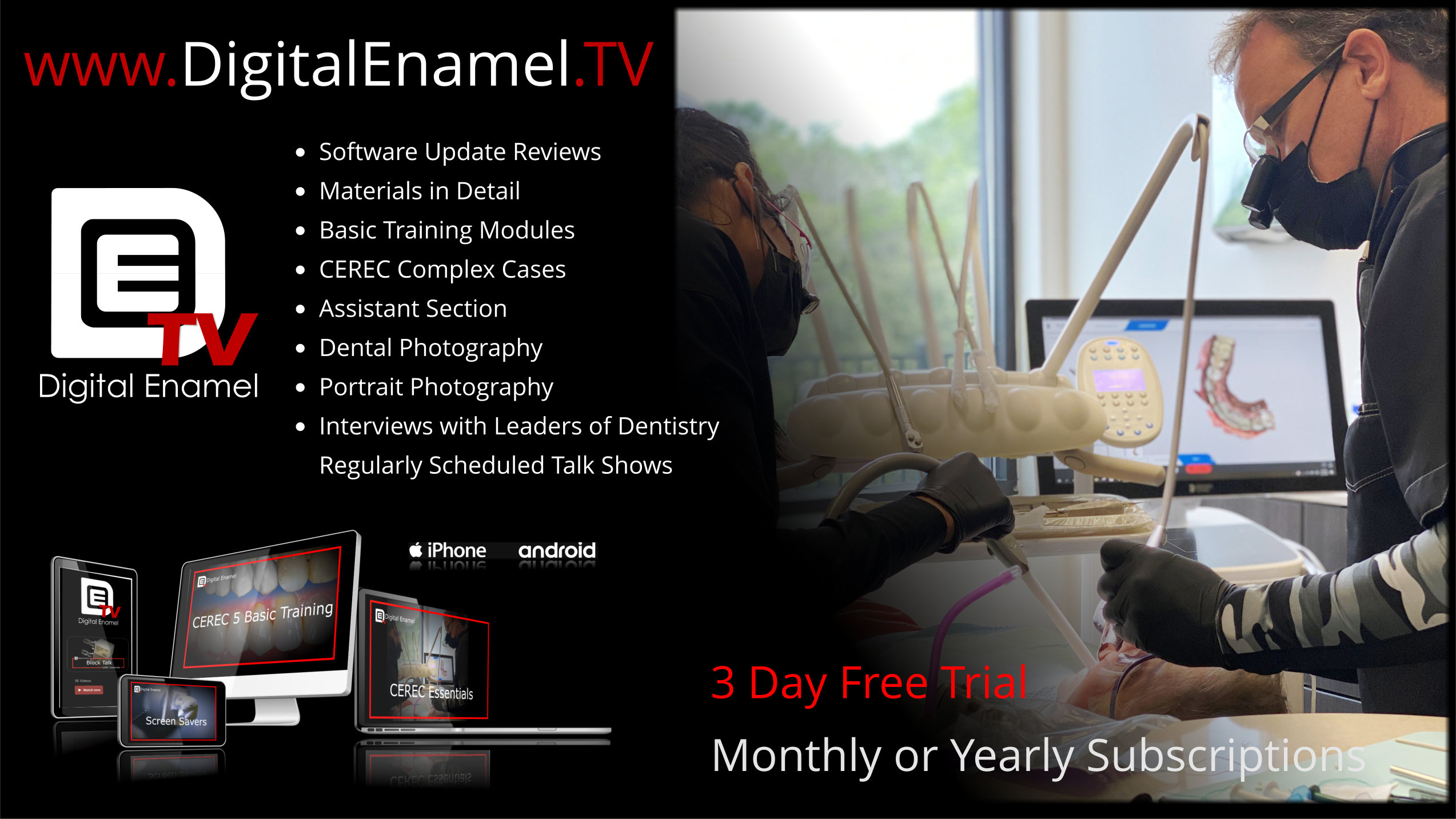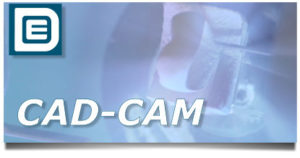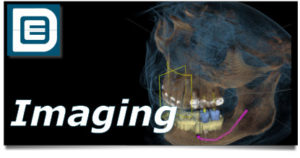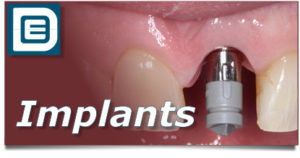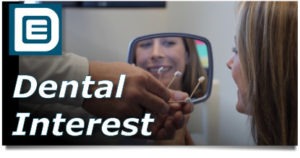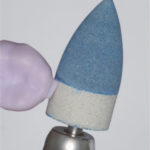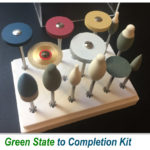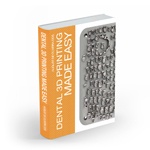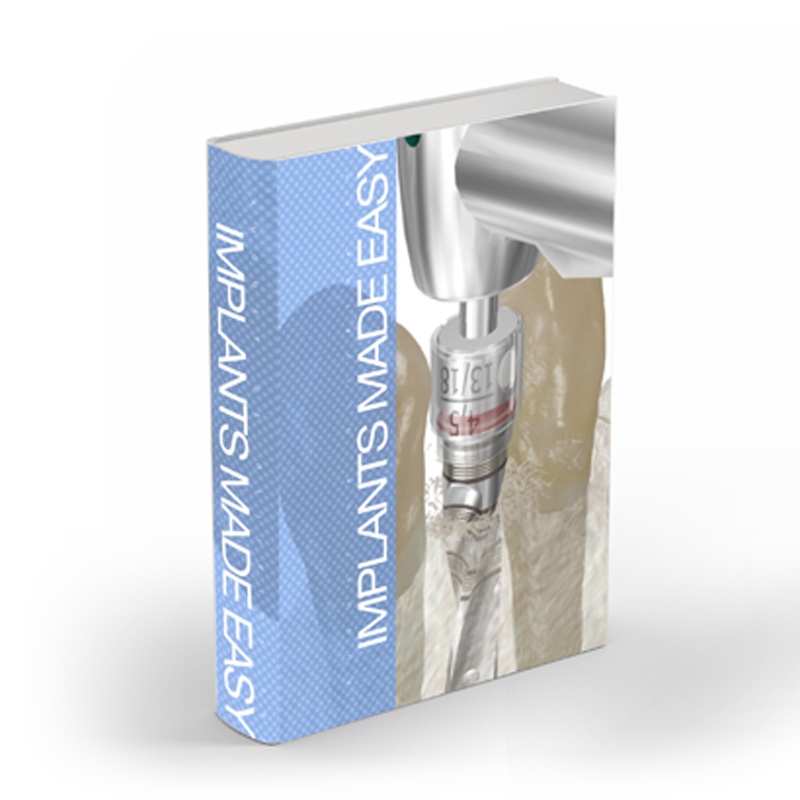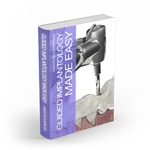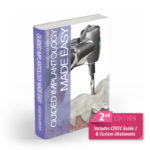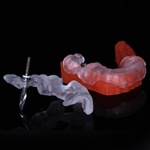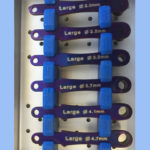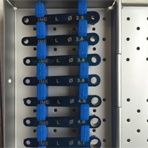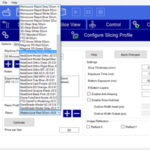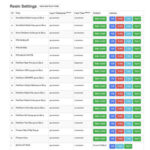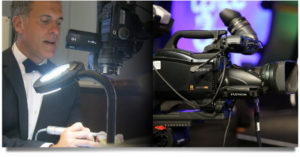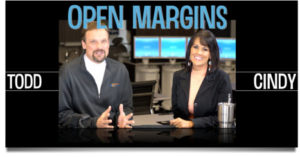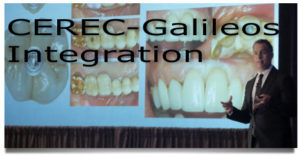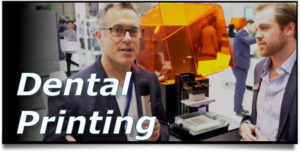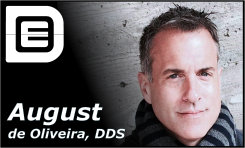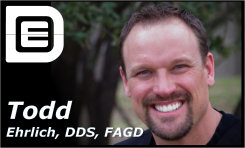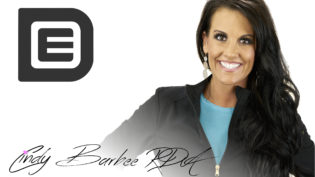Isolation, Depression, Burnout, and Addiction
In my previous articles, I identified isolation as a major enemy of dentistry. Dental professionals know how privileged and fortunate we are to work in such a great profession, yet most of us still work in solo practice. But the dental environment is changing. Group and corporate dental practices continue to grow and will infiltrate the landscape in the next 10 years in the United States (The Challenges Facing The Uncertain Future Of Solo Practice. https://www.dentreps.com/…/the-challenges-facing-the-uncertain-future).
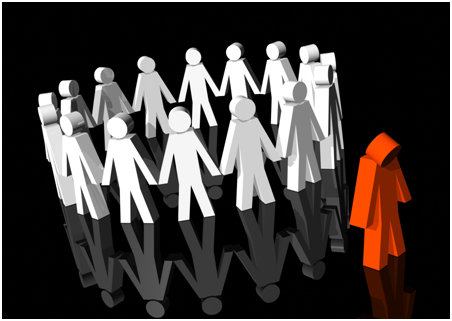
Our “cottage industry” can present with stressors that increase isolation and anxiety. I think it is important to define exactly what is isolation. Isolation is not necessarily limiting your “world” to your home and office or becoming a hermit. In fact, a lot of people dealing with isolation are some of the most outgoing and extroverted people in society. Don’t confuse being busy and outgoing with not isolating. Sometimes “keeping busy” and being “everything to everyone” is a lonely place to be and can encourage isolation and depression. Dentists often deal with their need for acceptance by being co-dependent in the world they live.
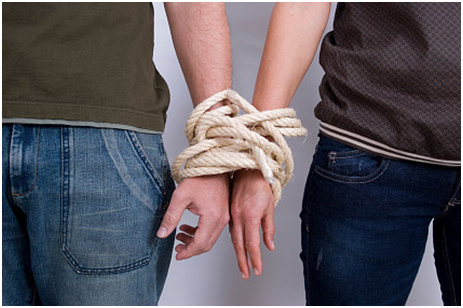
A dentist with co-dependency issues view their self-image and self-worth as being predicated on how other people make them feel resulting in a chronic neglect of self. In our personal lives, this manifests itself as the dentist not being able to say no to people, accepting imperfection as a character defect when in fact it really defines the human experience, and letting go and accepting things, people, and situations we have no control over. The huge responsibility of trying to control everything can lead to burnout, depression, and despair.
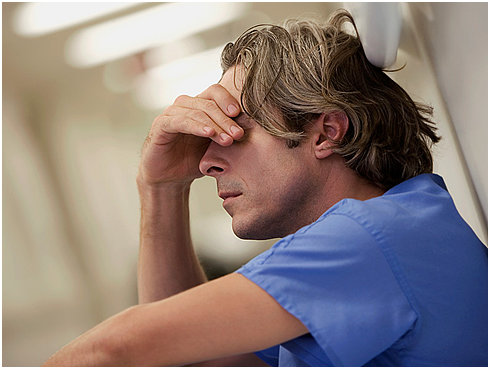
Recently, I had a conversation with a 32 year-old dentist from the West Coast who told me he had experienced burnout at age 29. He described his journey as graduating from dental school enthusiastic and ready to take on the dental world. He was newly married and bought an existing practice and his world was great. However, during the next several years, his world began to implode. Pressures of practice, personal expectations, control issues, student loans, and life in general were mounting at an alarming rate. The saddest part of his story was that he “didn’t know who or where to turn for help”. He began to hate dentistry and found it hard to express how he was feeling. He described his emotional exhaustion as isolating and paralyzing and even questioned if he had made the right career decision. His compassion for dentistry had diminished and the future of his patients and practice was in jeopardy. This young dentist was the “elephant in the room” that his family and friends didn’t know existed and certainly if they knew would not know what to say or how to correct it. He was screaming for help in silence but was afraid if he told others about his malady that he would appear weak and insecure.
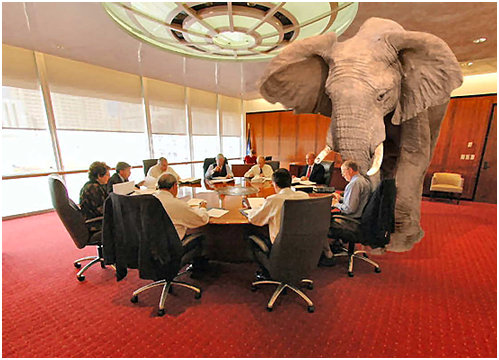
His journey out of burnout began by recognizing that something had to change. He knew that doing nothing was doing something. He didn’t want to be the proverbial “ostrich with his head in the sand” because he knew something major was wrong in his life and dentistry.
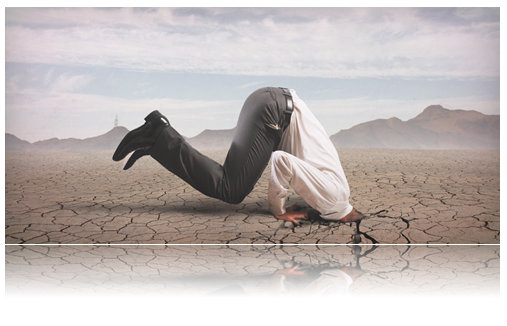
This young dentist decided to begin the process of engaging back into the real world and lessening his isolation in his practice and his personal life. This dentist asked for help from many venues, one being the world of digital (CAD/CAM) dentistry, specifically Cerec Omnicam from Dentsply Sirona. His story involved his engagement and desire to be part of a community of dentists that could help him. His way certainly wasn’t working. His energy level, excitement, and efficiency for dentistry began to increase exponentially to where today he no longer has burnout and is enjoying dentistry, and more importantly, his family and life again.
Does this story sound familiar? Probably not. Unfortunately, the previous scenario often times lead to unnecessary stress and anxiety, depression, drug and alcohol abuse and dependence, and sometimes suicide ideation. Burnout is not age-related, another words not seen only in the older dentist, but is on the rise in the young dentist due financial stressors, student loans, uncertain work future, decrease in reimbursements from insurances and PPO’s, and the ever-changing dental environment. This uncertainty can breed fear and anxiety about the future. One aspect of group practice and corporate dentistry that may prove to be a positive is it may encourage professional interaction, increased collegial decision-making and treatment planning, and expense sharing. These may improve patient care and reduce practitioner stressors; however, it will be interesting to see how this dynamic plays out.
“…[burnout] is on the rise in the young dentist due financial stressors, student loans, uncertain work future, decrease in reimbursements from insurances and PPO’s, and the ever-changing dental environment.”
Dentists work in a high risk and emotionally charged profession, characterized by long hours, physical demands requiring stamina and enduring pain, plus self-imposed and sometimes unrealistic demands for precision and perfectionism which may lead to isolation-driven personalities, depression and burnout. A Well Being survey on depression by the ADA published in 2005 revealed that 22.6% of the responding dentists identified feeling depressed with only 11.3% seeking treatment.
What Is Burnout?
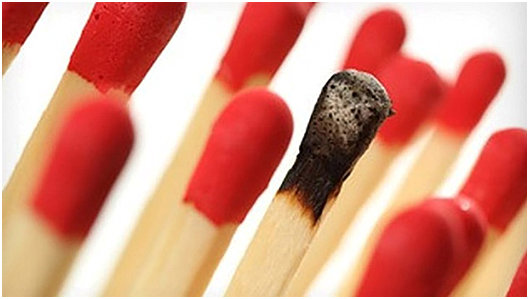
Burnout is not just saying:
- “I’m stress!”
Stress may be associated with burnout, but stress, in and of itself, is not burnout. For instance, if you were stressed out over fixing your computer or lawnmower, this probably would not lead to burnout. It may lead to anger or frustration but eventually you would seek help for the problem or get a new computer or lawnmower.
- “I had a bad day and I’m tired…”
- “I can’t concentrate…”
- “I’ve had an stressful day…”
Burnout is:
- A response to the chronic, excessive, and prolonged emotional stress of dealing extensively with other human beings resulting in doubts about one’s work competence and value.
- Constantly having to “perform” chair side by addressing patient or staff questions that are often draining and exhausting. This may lead to developing “compassion fatigue” where you just don’t have any energy or anything else to give to the relationship.
- Being mentally, physically, emotional, and spiritually exhausted to the point that burnout insidiously becomes part of your daily existence.
- Burnout is bad news and is as much a process as it is a condition.
- Burnout is not necessarily age-related. Younger dentists are experiencing burnout at an alarming rate.
- Burnout is easier to prevent than to treat. Recognize the symptoms!
- Burnout and poor physical health are strongly related. Recognize your body and what you are experiencing or feeling.
- Descent into burnout is quick and the recovery time is very slow (maybe 2-4 years) if not enough time and therapy have occurred.
- Over-stressed dentists may appear weak to society and turn to alcohol and drugs as an attempt to escape from stress, depression, or burnout.
“[Burnout is] a response to the chronic, excessive, and prolonged emotional stress of dealing extensively with other human beings resulting in doubts about one’s work competence and value.”
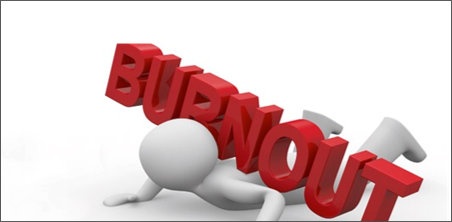
Dr. Christina Maslach, a leading authority on burnout, states:
“Burnout is the index of the dislocation between what people are and what they have to do. It represents erosion in value, dignity, spirit, and will. It is an erosion of the human soul. It is a malady that spreads gradually and continuously over time, putting people into a downward spiral from which it’s hard to recover.” (Maslach and Leiter-1997).
Burnout is a rampant major public health issue and tragic work-related problem in society, including healthcare professionals, and one of the most common and most difficult to diagnose occupational hazards to the individual dentist and dentistry. Chronic interpersonal workplace-related stressors have a high correlation between depression, burnout, anxiety, musculoskeletal complaints, sleep, and memory problems.
“Burnout is a rampant major public health issue and tragic work-related problem in society, including healthcare professionals, and one of the most common and most difficult to diagnose occupational hazards to the individual dentist and dentistry.”
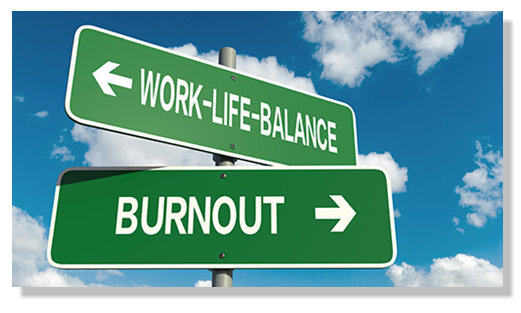
Who Gets Burnout?
- Overachievers (DDS/DMD/RDH)
- Type A personalities
- The “star” employee. Burnout can occur when employers take credit for employee’s ideas and work or when employers create an environment that promotes a lack of teamwork.
The most common used tool to evaluate burnout in dental professionals is the
Maslach Burnout Inventory (MBI)
- Emotional Exhaustion (EE)
- Depersonalization (DP)
- Reduced Performance Accomplishment (RPA)
These three (3) conditions define clinical burnout. We don’t have a lot of research about burnout in dental healthcare professionals but we do have research about burnout in our medical colleagues. We will now take a look at how the medical field is dealing with this epidemic.
Physician Burnout
Reliable surveys over the last 20 years show that symptomatic physician burnout:
- Occurs on average in 1 in 3 medical doctors on any given day.
- Occurs regardless of the specialty.
- Occurs regardless of the country in which they practice.
- Occurs regardless of the health care system in which they practice.
A 2011 survey in the US stated that 87% of MD’s have symptomatic burnout.
A 2012 survey in the US showed that 60% of MD’s would retire today if they were able.
Gender Differences In Physician Burnout
The way male and female physicians progress into burnout and receive help varies and speaks to the complexities of treating burnout individually.
Female MDs:
Typically will go linearly through the burnout process; i.e., emotional exhaustion (EE), then depersonalization (DP), including cynicism and sarcasm, and finally experience reduced performance accomplishment (RPA). At this point, female physicians will often get help from a healthcare professional trained in mental health.
Male MDs:
Typically take a different path, starting out with depersonalization (DP) first as an unconscious defense mechanism (cynicism and sarcasm), then follow with emotional exhaustion (EE). Men usually don’t have Reduced Performance Accomplishment (RPA) because men rarely doubt the quality of their work or rarely doubt their work makes a difference. So, classical burnout in the male doctor initially appears as cynicism and sarcasm, then emotional exhaustion and grumpiness and yet still works day after day after day. Male MDs are often more prideful and won’t admit failure, thus resulting in more isolation and burnout.
Many experts in the field of physician burnout state that burnout is not a matter of “if” but a matter of “when” it will occur. In fact, they recommend physicians have a plan for burnout and be proactive when it occurs. Burnout is a chronic epidemic among physicians, and dentists may also follow this path to burnout (www.kevinmd.com).
Why Do Dentists Develop Burnout?
Reasons include:
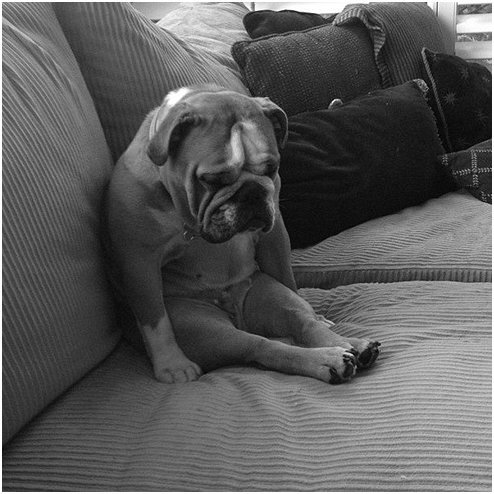
- Dentists are expected to remain in control in all situations
- Disguising personal vulnerability at all times
- Isolation in daily practice
- Absorbing patient anxieties, requests, and demands
- Self-confidence issues encourage presenting compromised treatment (plans) to patients
- The stress of perfectionism
- Economic pressures
- Shame and guilt issues resulting in low self-esteem
- Time and scheduling issues
- Pay-related stressors
- Patient’s unfavorable perception of dentist
- Staff issues
- Information technology problems
- Problem patients and dissatisfaction with patient relationships
- Problems relating to the physical environment
- Uncomfortable working posture
- Unhappy marriages, resulting in higher divorce rates and higher drug/alcohol usage (including addiction) and possibly suicide
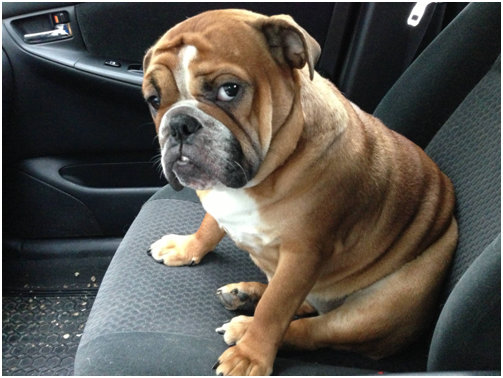
Combining all of the above with the dentist’s personality traits and styles may make one susceptible to becoming overly stressed, malfunctioning, and looking for ways to relieve the pain or pressure. Oftentimes people will drink alcohol or take benzodiazepines to relieve stress or to enhance positive events in their lives. “People drink to change the way they feel” is a statement often used to describe people who are experiencing distress or eustress (good stress). People drink when they are sad to relieve the pain and suffering or drink when they are happy to feel “happier”.
A study, “Stress Coping Skills in Addicts” (“Stress Coping Skills In Addicts”; Ebrahimi A, Moosavi SG, Samooeie R, Hasan Zadeh; Journal of Research in Medical Sciences, 01/2002), indicated that stress coping skills in addicts were different from those of non-addicts in most of the coping procedures.
Non-addicts: Reported that they used problem-focused coping and emotional-focused stress coping strategies.
Addicts: Reported that they used non-useful and non-effective stress coping strategies.
This data indicates that using ineffective stress coping skills is one of the predisposing and precipitating factors in addictive behavior. It seems that stress coping skills training is necessary in prevention of addiction.
Dentists are under tremendous stress and responsibility. Dr. Jerry Gropper, DDS, an addiction counselor, identifies a plethora of roles that the dentist experience:
- The eye of an artist/sculptor
- Hands of a surgeon
- Insight of a therapist
- Tact of a diplomat
- Reasoning of a scientist
- Skills of a business person
“…using ineffective stress coping skills is one of the predisposing and precipitating factors in addictive behavior. It seems that stress coping skills training is necessary in prevention of addiction.”
Dr. Gropper also notes from clinical experience dentists who suffer from burnout and addiction often times are:
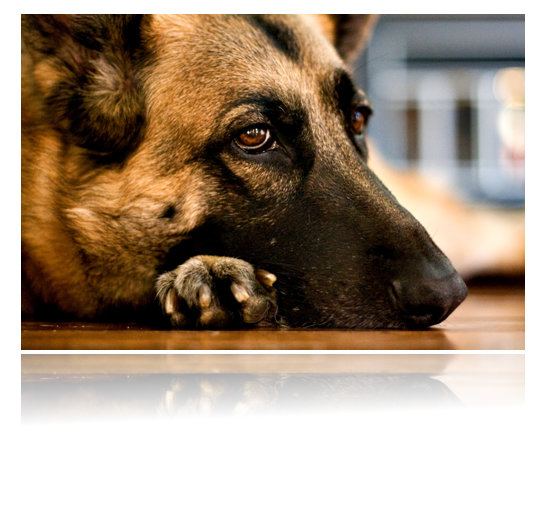
- Dissatisfied with the dental career choice
- Have fear of causing pain
- Exhibit low professional self-esteem
- Display obsessive-compulsive disorder
- Display perfectionistic behavior while striving for a high need for control but feeling out of control
- Show avoidant coping style in interpersonal relationships
Burnout Summary
- Watch for changes in your physical health
- Ask for help when disengaged/burned out
- Strive to live a life of engagement (opposite of burnout)
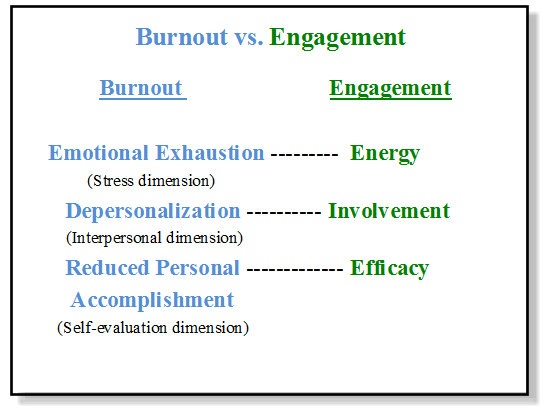
The final installment of this series of articles will discuss and explore specifically why I believe digital technology (Cerec Omnicam and Galileos) can address and prevent a dentist from spiraling down the road of burnout, isolation, depression, and addiction.
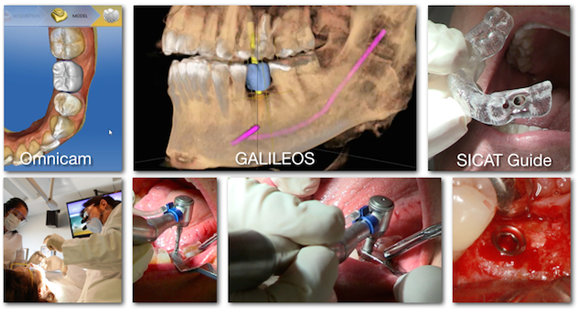
Stay tuned! The best is yet to come!
